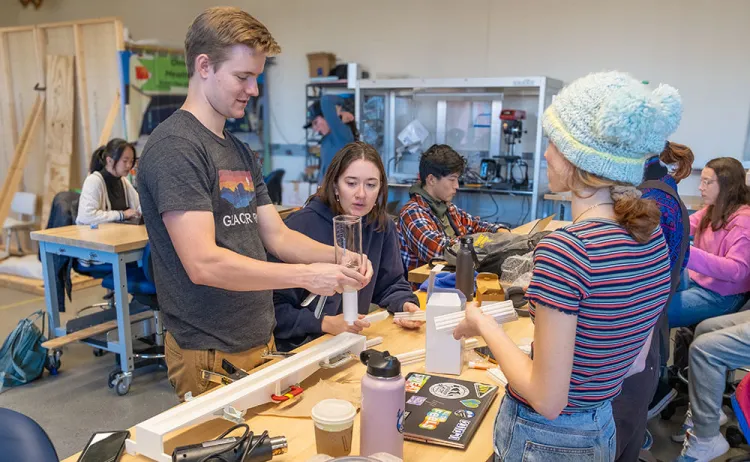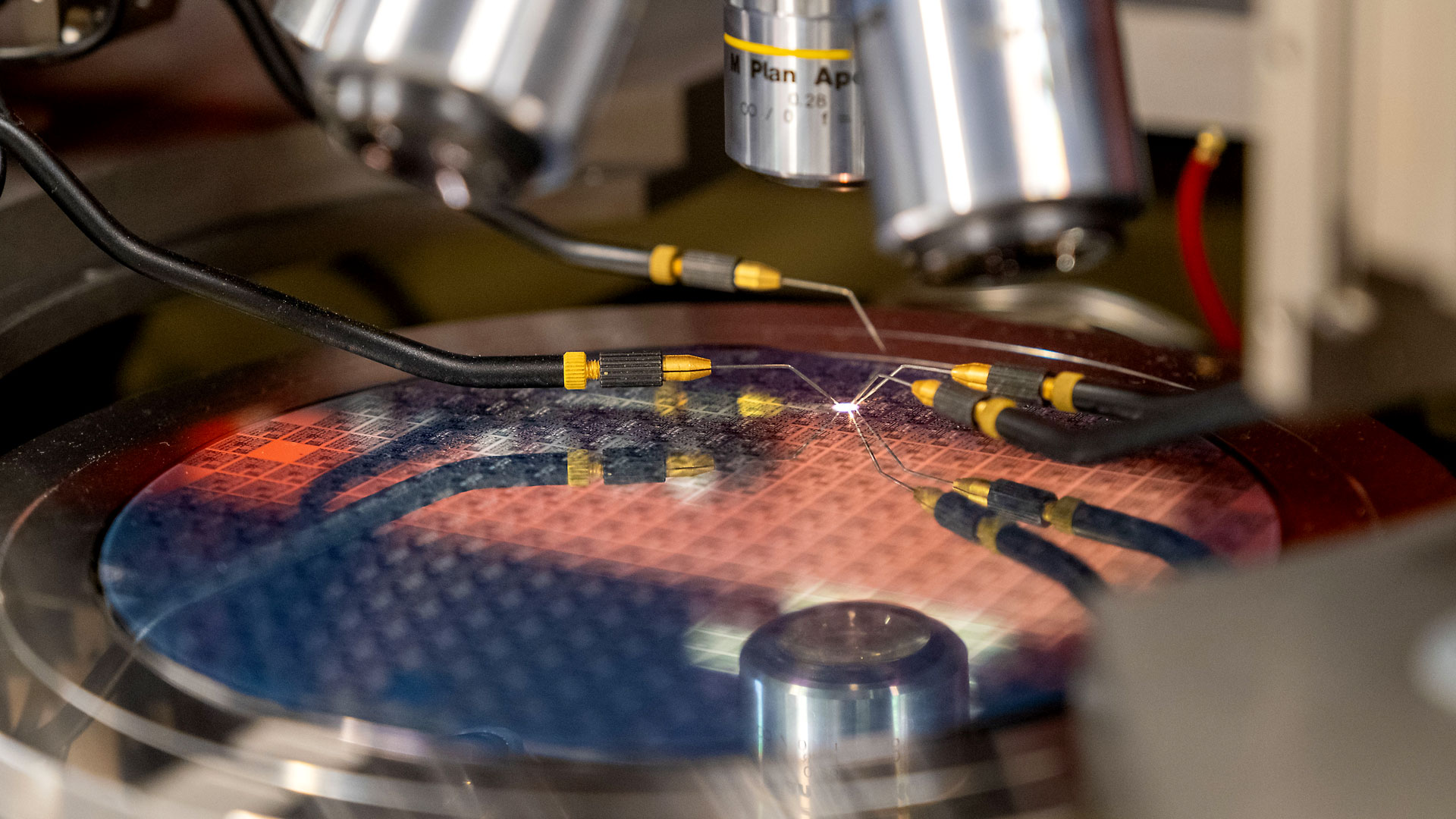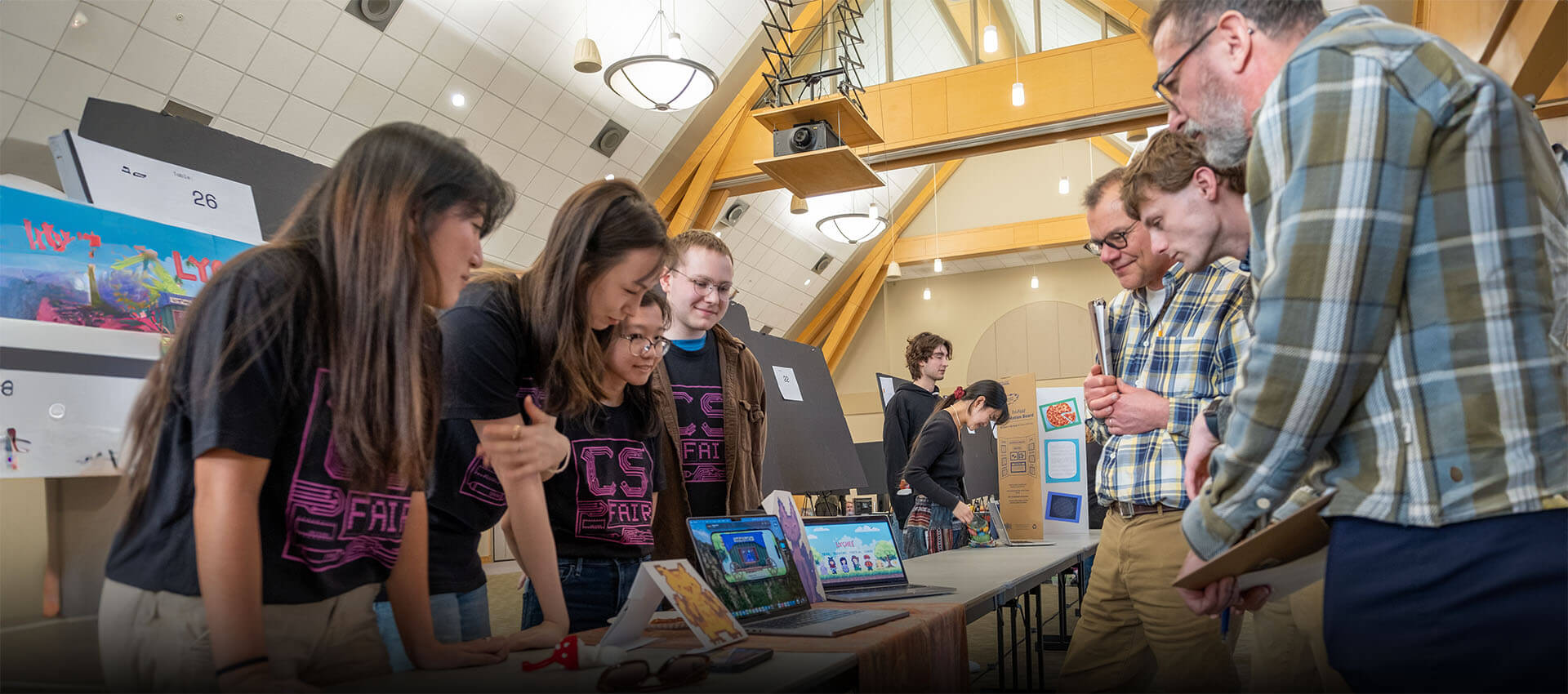Program Overview

The B.S. in Biomedical Engineering (BME) trains engineers to work at the interface between engineering and the biomedical sciences. The core curriculum uniquely integrates foundational knowledge with design in each of the four years.
Critical biomedical engineering concepts are developed early in the curriculum where fundamentals, labs, project and design are integrated. As examples, BME Core 1 focuses on biomechanics, instrumentation, and sensors. Students study biophysics, biomaterials, and transport in BME Core 2. Then in BME Core 3 students learn approaches for modeling biological systems and analyzing biological signals. Subsequently, students have no less than eight electives from within and outside engineering that they can use to focus on their particular interests.
In parallel, and in each year, our vertically integrated design structure enables students to learn the fundamentals of the design process and engage them with team-based design projects motivated by the teaching and clinical needs of colleagues in our adjacent medical school. Later design courses cover regulatory standards and validation testing in coordination with case studies from ongoing UVM projects. Finally, our senior Capstone Design sequence provides an culminating experience where students apply their engineering expertise to develop and potentially commercialize biomedical technologies.
Our BME degree was developed jointly by UVM's College of Engineering and Mathematical Sciences and Robert Larner, M.D. College of Medicine. This collaboration provides students unique opportunities for undergraduate research, internships, and design projects related to improving human health.

